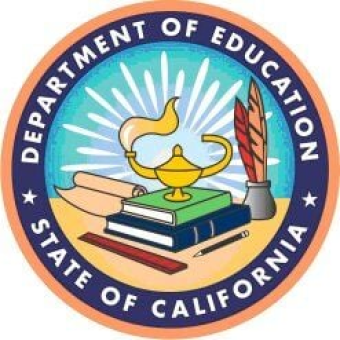As directors of special education, service providers, multilingual learner specialists, advocates, and community members, you play a crucial role in ensuring that students with disabilities have multiple ways to demonstrate learning proficiency across various courses required to meet graduation requirements.
We are particularly interested in your insights about:
- Whether these ideas, strategies, and resources give you ways to provide students with disabilities increased access to alternative means of expression related to how they communicate graduation requirements
- The specific supports needed within IEP meetings and broader school infrastructures to give students more choice in how they show what they know.
- Ways we can improve collaboration among IEP team members to ensure a cohesive approach to implementing these strategies. Are there best practices for integrating services and supports that we should consider, particularly for students in secondary school?
- How we can better engage community members and advocates in supporting students’ diverse means of expression. What partnerships or resources can be leveraged to enrich our approach?
Review and provide feedback on the practice briefs linked below.
- What new tools does this resource provide for you to apply within IEP meetings to identify viable, student-centered alternative means of expression?
- To what degree do you see them as applicable to the IEP process and graduation requirement?
Go to the High-Level Guidance Overview page to review and provide feedback on the overall strategy being utilized by the initiative.
- Is the guidance clear and actionable to drive conversations within an IEP?
- Do you see how the initiative connects to graduation requirements?
Explore the content and course examples to review and provide feedback on the following:
- To what degree have diploma requirements been made clearer to you in key courses?
Thank you for your important role and continued partnership in shaping an educational landscape where every student can thrive.
Learn more:

Step 1: Pick your path
Start at one of two entry points to explore different routes to fulfilling graduation-based coursework
VIEWPOINT
Option 1: Explore New State Recommended Guidance
Increase your understanding of the state-recommended big picture guidance to provide rigorous and standard-based instruction that still meets the child-centered learning needs of students with disabilities.
SUMMIT TRAIL
Option 2: Discover Sample Coursework
Access coursework, performance tasks, and other tools developed by subject experts that help students meet graduation requirements by showing what they know in flexible ways.

